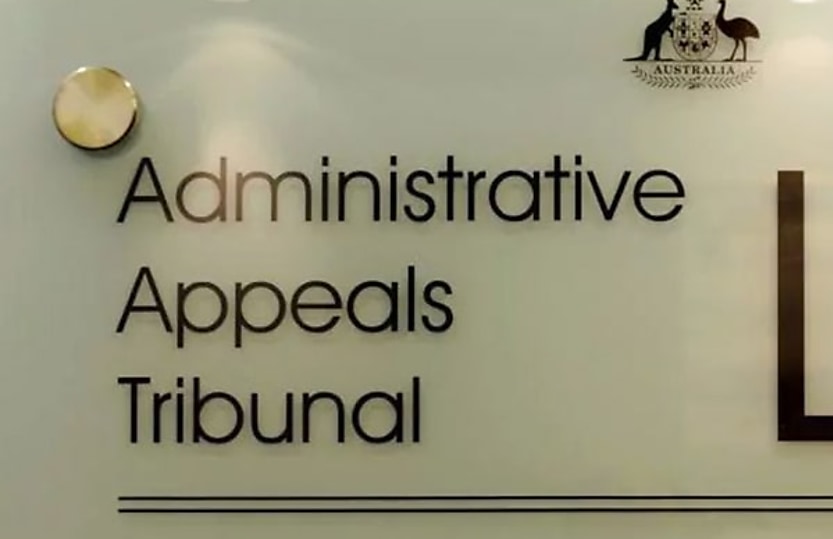AAT upholds ATO decision in GST dispute

The Tribunal has upheld an assessment by the ATO that the sale of a farm was subject to GST due to the level of development undertaken by the taxpayer.
In a recent case involving the sale of a farm, the Administrative Appeals Tribunal determined that the sale was made in the course or furtherance of an enterprise and therefore subject to GST.
The applicant in this case, Paul Lance purchased the farmland, Sutton Farm, in 2013 for a sale price of $1,600,000.
Following the purchase of the land, Mr Lance started development works, taking out a $1 million loan from the bank and borrowing a further $1.5 million from his brother-in-law.
He lodged a local structure plan with the Council that proposed that Sutton Farm was to be subdivided into four lots with plans for further subdivision into approximately 15 lots.
He also completed sewerage, water and electrical works.
The applicant sold the farm for $4,250,000 under a contract for sale of land dated 24 November 2020, which settled on 3 February 2021.
On the first page of the sale contract, the box adjacent to the statement “GST is NOT applicable to this Contract” had been ticked. He also did not report the sale of the property in his Business Activity Statement for February 2021.
The Commissioner of Taxation audited Mr Lance and issued him with a notice of assessment of the net amount of GST for the monthly tax period from 1 to 28 February 2021.
The assessment was on the basis that the sale of Sutton Farm was a taxable supply under the GST Act.
Mr Lance lodged an objection around February 2022 to the assessment on the basis that the sale of Sutton Farm was not a taxable supply on two grounds.
He argued that the sale was not made by him in the course or furtherance of an enterprise carried on by him for the purposes of s 9-5(b) of the GST Act and, secondly, as Sutton Farm was Mr Lance’s residential premises, it was an input taxed supply under s 40-65(1) of the GST Act.
Mr Lance submitted that he only ever subdivided Sutton Farm to allow him to live on Sutton Farm with his family and the subdivision had no commercial purpose.
The Commissioner disallowed Mr Lance’s objection and maintained that he was liable to pay GST on the sale of Sutton Farm in the objection decision dated 10 August 2022.
The Tribunal affirmed the Commissioner’s decision, determining that the developed works were in the form of a business, due to the scale of the operations that the applicant was involved in, including the rezoning and subdividing of Sutton Farm, as well as the amount of capital invested by him in the purchase of the property and development works.
This was regardless of whether or not he was in the business of being a property developer, the Tribunal said.
AAT senior member Gina Lazanas found that the sale of Sutton Farm was a commercial transaction as it was undertaken “in the course or furtherance of the carrying on of an enterprise”.
“This was because the sale was for the purpose of achieving the goal of realising the value that had been added to Sutton Farm,” said Ms Lazanas.
She noted that carrying on an enterprise is also broadly defined in s 195-1 of the GST Act to include doing anything in the course of the termination of the enterprise.
“It follows that even if the ultimate sale of Sutton Farm was the result of Mr Lance giving up on the enterprise that he had commenced with respect to the development of Sutton Farm, the supply made upon the sale of Sutton Farm nonetheless occurred in the course of him terminating the enterprise,” she stated.
Ms Lazanas said that even though Mr Lance had, at some stage, intended to live on Sutton Farm, it was clear from the evidence that he had to subdivide and sell a number of the subdivided lots to finance the development and refurbishment of the heritage homestead, as well as discharge his loans.
“As all of the elements in s 9-5 of the GST Act were satisfied, the supply of Sutton Farm is a taxable supply in respect of which Mr Lance is liable to pay GST,” the Tribunal stated.
The Tribunal determined that the taxpayer had failed to discharge the burden of proving that the GST assessment issued to him by the Commissioner in respect of the sale of Sutton Farm was excessive under s 14ZZK(b)(i) of the TAA.
About the author







